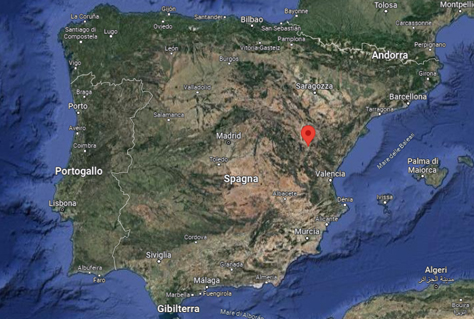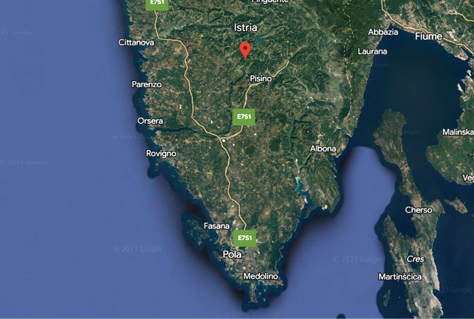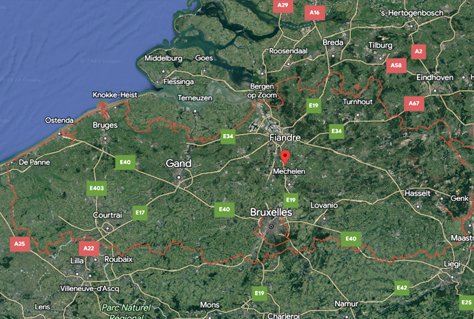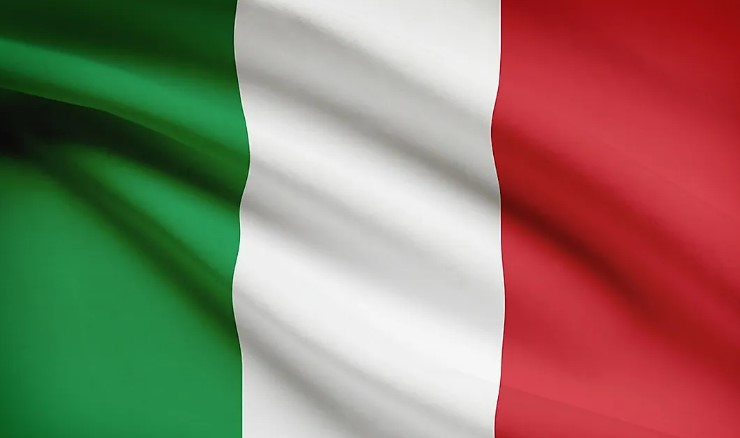
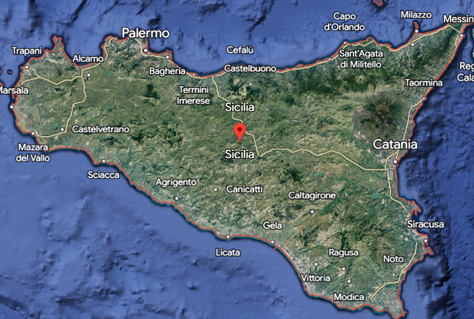
Italy - Sicily
Sicily, the largest island in the Mediterranean, is an Italian region with a complex and diverse economy. Over the years, the region has gone through several economic and social cycles, but today it represents one of the most important economies in southern Italy.
The Sicilian economy is mainly based on agriculture and tourism. Agriculture is the main source of income for many Sicilian families, with products such as citrus fruits, olives, almonds, grapes and tomatoes among the most important. The region is also famous for the production of fine wines, including Marsala and Nero d'Avola.
Tourism is another important source of income for Sicily. With its natural beauty, beaches, cities of art and archaeological treasures, the region attracts millions of visitors from all over the world every year. The city of Palermo, for example, is one of the main tourist destinations in the region, with a wide choice of museums, churches, historic buildings and markets.
In addition to agriculture and tourism, Sicily also has a developed manufacturing industry, with production ranging from clothing to construction, through the production of machinery, marble and metal processing. The region is also famous for handicrafts, especially ceramic products, textiles and precious stones.
Despite these economic activities, Sicily remains one of the poorest regions in Italy, with a high unemployment rate and low productivity. The region's economic difficulties are often attributed to governance problems, corruption and organized crime. However, there are also signs of improvement and economic growth, thanks to the efforts of the regional government and the opportunities offered by globalization and the Italian internal market.

